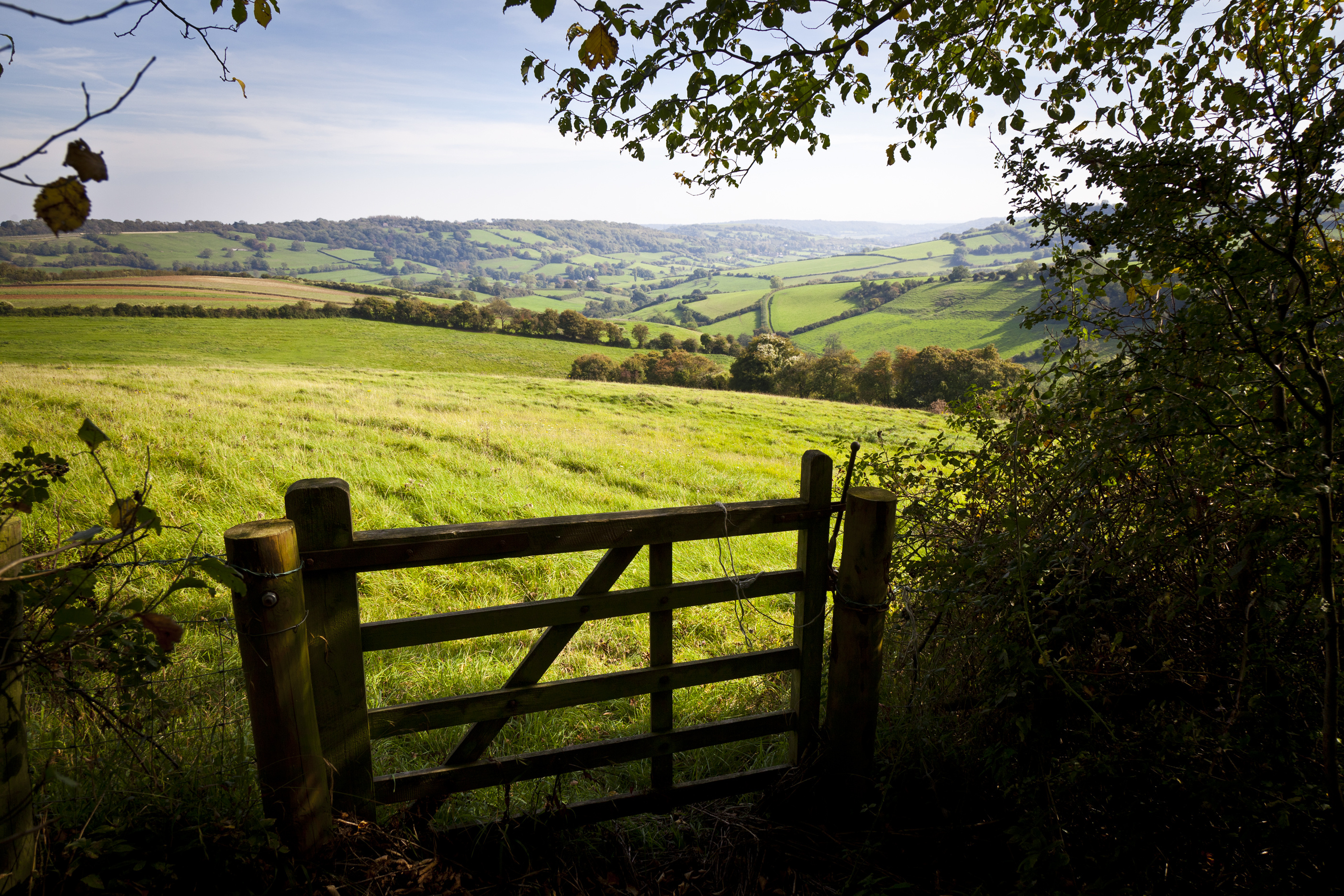



UK Government unveils sustainable farming policy
The new policy changes will be implemented over seven years and promises to create a fairer farming system for the UK.Plans to deliver a better, fairer farming system in England have been set out by government today. They will transform the way we support farmers, in the most significant change to farming and land management in 50 years.
The roadmap outlines changes that will come into force over a period of seven years to help farmers adapt and plan for the future. Outside the EU and no longer bound by the EU’s bureaucratic Common Agricultural Policy, the plans set out how government plans to introduce a new system that is tailored in the interests of English farmers, centred on support that rewards farmers and land managers for sustainable farming practices.


The changes will be designed to ensure that by 2028, farmers in England can sustainably produce healthy food profitably without subsidy, whilst taking steps to improve the environment, improve animal health and welfare and reduce carbon emissions.
Next year marks the start of the transition where we will begin to move away from the Basic Payment Scheme (BPS) towards new policies that will be co-designed and tested together with farmers, land managers and experts, to ensure that the new systems work for them.
The government remains committed to its manifesto commitment to guarantee the current annual budget for every year of this Parliament.
The "Path to Sustainable Farming" document, published today, sets out more detail on the changes we are going to make, and what they will mean for farmers.
The key changes include
- Introducing the Environmental Land Management scheme to incentivise sustainable farming practices, create habitats for nature recovery and establish new woodland to help tackle climate change.
- Investing in improving animal health and welfare as part of our sustainable farming approach. This will initially focus on controlling or eradicating endemic diseases amongst cattle, pigs and sheep .
- Direct Payments will be reduced fairly, starting from the 2021 Basic Payment Scheme year, with the money released being used to fund new grants and schemes to boost farmers’ productivity and reward environmental improvements.
- Launching a Farming Investment Fund, which will support innovation and productivity. This will open for applications next year and will be used to offer grants for equipment, technology and infrastructure for the future.
- Simplifying and improving existing schemes and their application processes further from January 2021 to reduce the burden on farmers, and we will take a modern approach to regulation, cutting unnecessary red tape for farmers and working together with industry to design a more targeted regulatory system.
In a speech to farmers and environmental groups, Environment Secretary George Eustice will say:
“We want farmers to access public money to help their businesses become more productive and sustainable, whilst taking steps to improve the environment and animal welfare, and deliver climate change outcomes on the land they manage.
“Rather than the prescriptive, top down rules of the EU era, we want to support the choices that farmers and land managers take. If we work together to get this right, then a decade from now the rest of the world will want to follow our lead.”


While the roadmap provides a clear view on the changes coming through the transition, this will be followed by a period of engagement with farmers, land managers and other stakeholders to finalise the design and operation of the future system to ensure they work for everyone. For example, the final design for the future Environmental Land Management schemes will continue to evolve and adapt to the lessons learnt through co-design exercises, such as the ongoing tests and trials and upcoming National Pilot for the scheme.
The new roadmap comes a few weeks after the government’s landmark Agriculture Bill passed into law, providing the powers needed to incentivise farmers to make the right environmental choices and help them to make the most of the opportunities available outside of the EU.
Further detail on the National Pilot for Environmental Land Management and the government response to the national conversation around the new scheme that took place earlier this year are due to be published early next year.
Martin Lines, the UK Chair of the Nature Friendly Farming Network, which comprises of more than 1,600 farmers, has commented on the governments new plans:
“We welcome the bold vision and the drive towards a more sustainable farming system. But this is only a skeleton of a plan and ELMs, in particular, needs more development. Without a detailed picture, it is difficult for farmers to transition to a nature-friendly farming approach that would ultimately make farming business more resilient and halt the decline of nature”.












